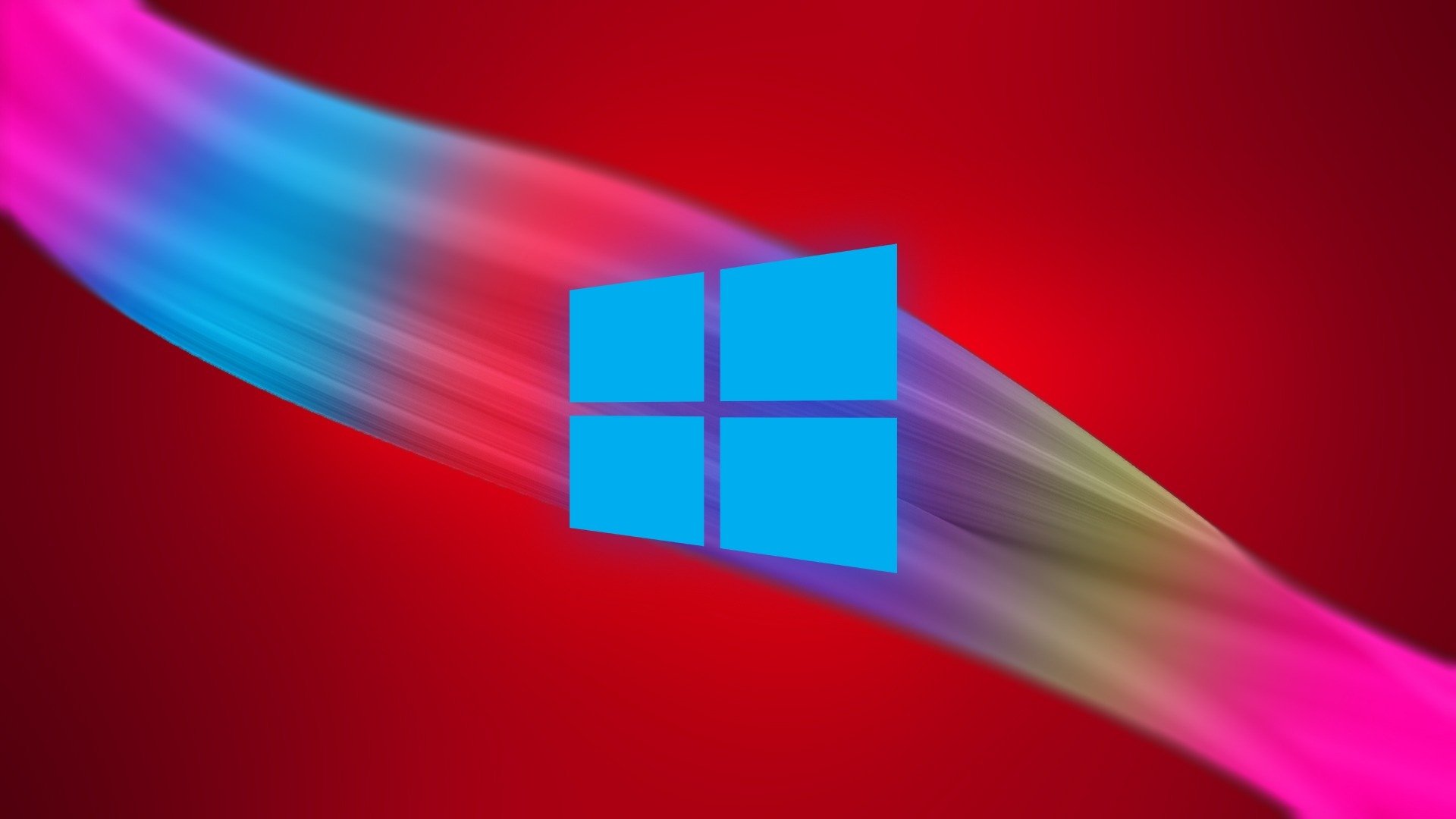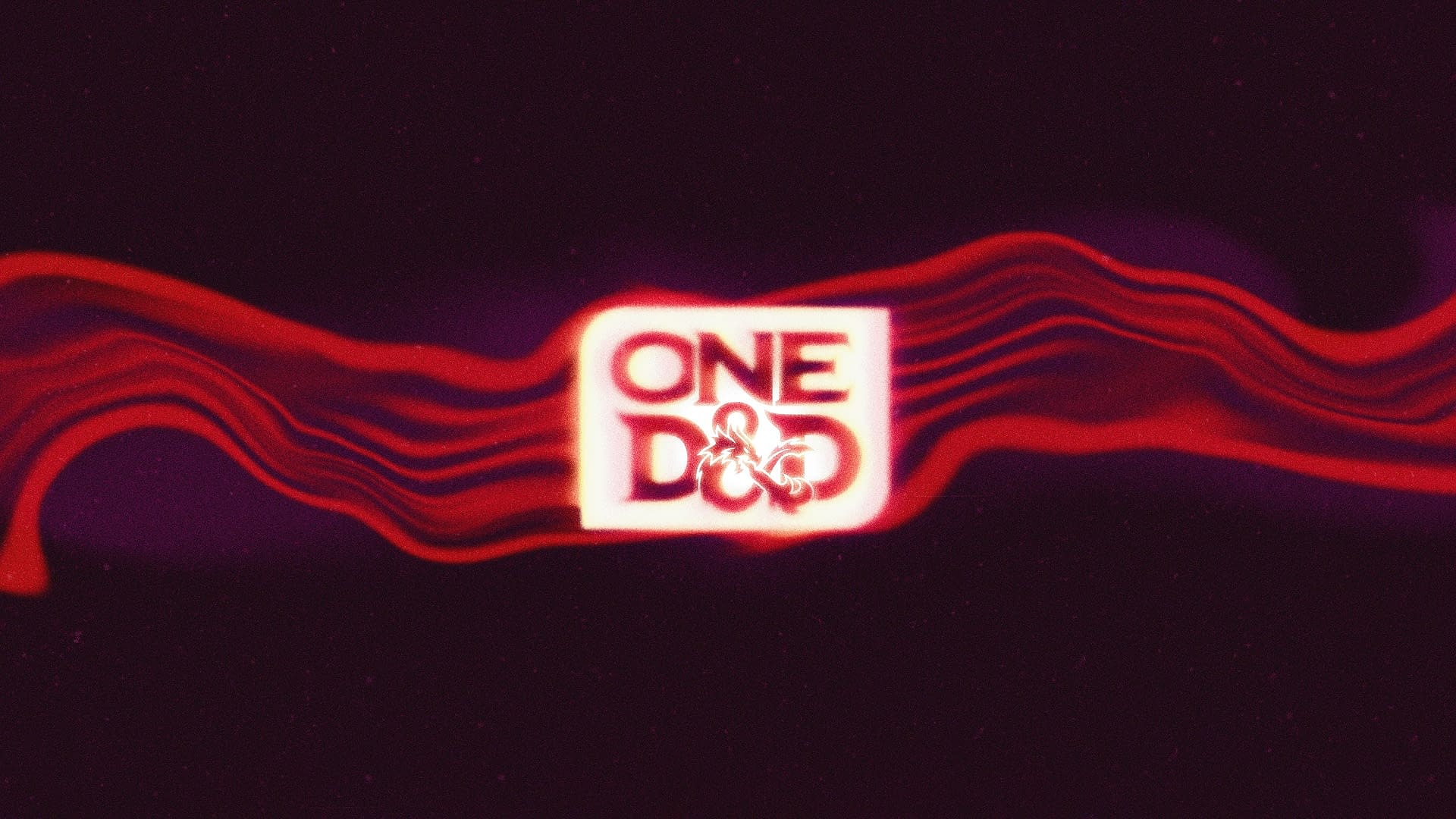Windows & Wizards
It cannot be long before anyone familiar with abusive software models, and RPGs, notices undeniable parallels.
The free and openly available systems function well in a technocratic sense, but lack advertising. On-boarding new people feels easy when dealing with an enthusiast, but your standard user struggles with the new system's inattention to graphics.
The new D&D system comes littered with references to their own products. Users may not be forced to buy them, but the ecosystem has been arranged with other Wizards of the Coasts products in mind, so getting a book for the Pathfinder setting, or buying books with the history of Drizz't, now form a natural, frictionless path.
The users don't want a new operating system - they feel content with the old one. But an old one's coming, so anyone producing new software will update for the new system, and anyone who wants a supported operating system has to update to the latest. They claim this latest version will be the last, but everyone knows they're lying.
People often refer to computers with Windows as simply 'a PC', so the name for the category and the product blur into one. This heavily default state ensures it continues as a default.


Divergence
The parallels have some limitations, and the limitation is git.
Open source software projects see hundreds of people working together. A single project can gain hundreds of helping hands, and even a few hours from an expert in some small matter can improve quality immensely.
RPGs have no easy route to the same workflow. If you see an indie RPG creator with spelling problems, you must leave those spelling problems where they are. If you want to draw some new images, you have no way to add them to your pdf. Each project must rewrite the initiative system from scratch, and each creator has to crawl the web for the same copyright-free fantasy images.